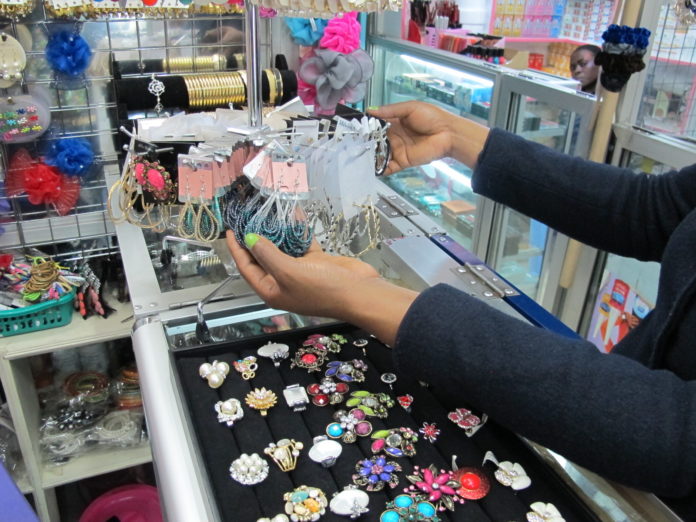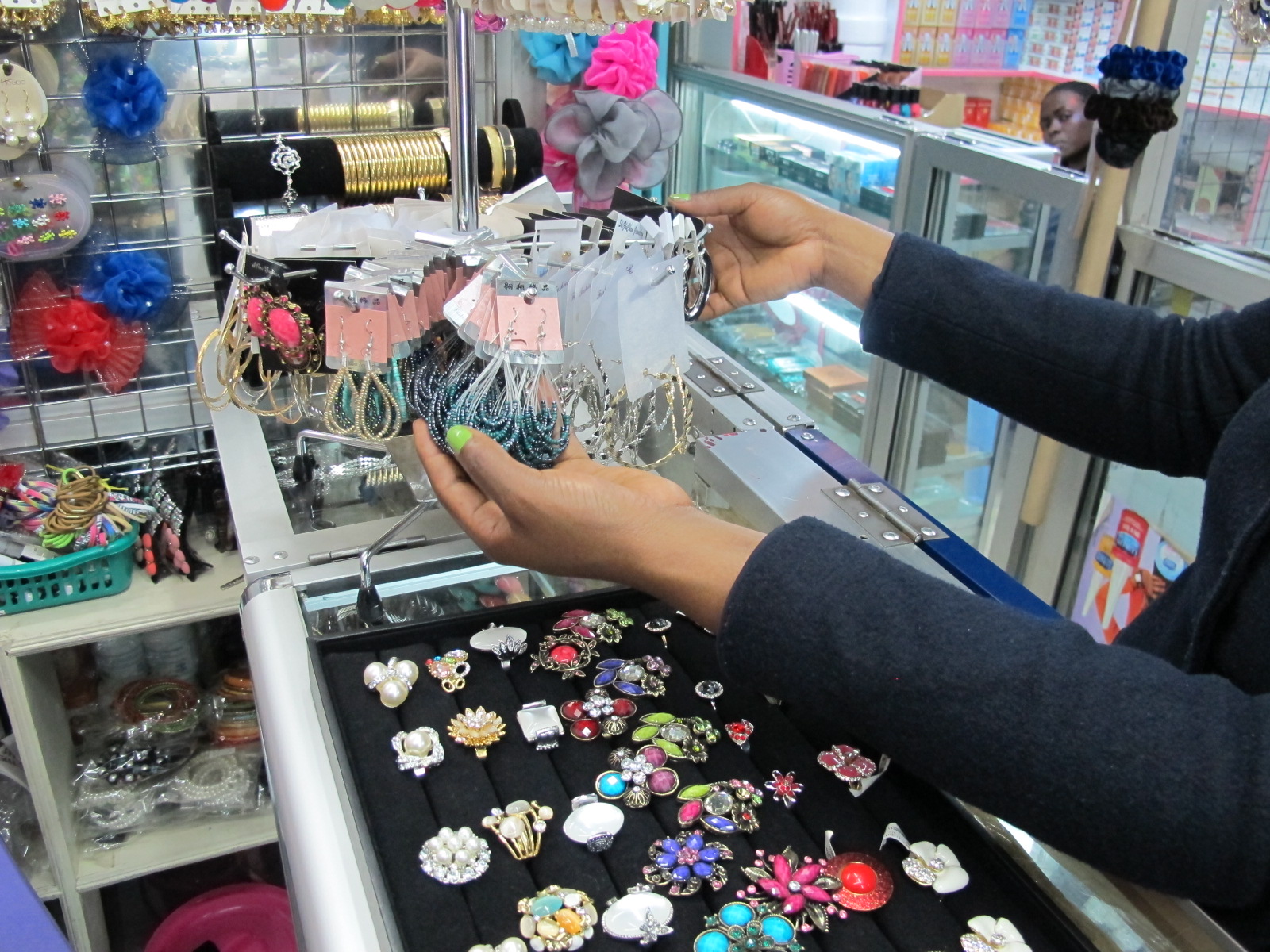By Doreen Muyonga
Impulse buying is not anything new in the world, it is a social problem that many people encounter.To some it turns into an addiction, to others an occasional thing when they are loaded with cash.
Janet Muthoni has tens of items which she rarely uses in her house. The items include jewelry, handbags, shoes, clothes, perfumes, magazines, toys and utensils. Janet might not be aware but she is among many other people who are victims of impulse buying.
Impulse buying is an unplanned decision to buy a product or service, made just before a purchase. Facts point mostly to women both in the upper and middle class as easy to succumb to temptations of purchasing without considering the consequences.
Experts suggest that emotions and feelings play a decisive role in purchasing, triggered by seeing the product or upon exposure to a well crafted promotional message.
Dr. Leon Wanyama a Senior lecturer, strategist and image consultant describes impulse buying as an irresponsible way of spending hard earned cash.
Dr. Wanyama further relates impulse buying to anxiety and unhappiness. “Most impulse buyers are more social, status-conscious and image concerned, therefore may buy as away to look good,” he begins.
He also reveals that impulse buyers tend to experience less happiness and so buy to improve their mood. “Such persons tend to believe that being seen with new and expensive stuff will help build on their low self-esteem and probably bring respect and happiness.”
He continues that impulse buyers tend to experience difficulty in controlling their emotions which makes it hard for them to resist emotional urges to impulsively spend money.
Agnes Wahito confesses that on many occasions she has had to spend her entire salary buying stuff to decorate her house and she has had to borrow from friends to push through the month.
“It is one thing to draw a budget of what you are going to buy and it is another thing to stick to it,” she explains.
The mother of two narrates how she saw beautiful and expensive furniture on her way to a friend’s house and she stopped to admire them. Since her love for pink colour was irresistible, she there and then resolved to buy the settee, and paid using her card.
Dr. Wanyama blames all this to the cashless money transfer technology which has made it easy to purchase without necessarily walking with cash.
Agnes further reveals that because of space she had to give the other furniture to her sister to allow room for the new one. Agnes admits that the situation is getting out of hand and that she needs help.
Janet, 35 also confesses that she’s is easily carried away when she bumps into traders selling clothes cheaply. She states, “I bought a designer pair of jeans on the streets which would have cost me more in the boutique.”
She further discloses that she shops for fun during weekends and even in the evenings after work as she waits for traffic jam in Nairobi to ease. She blames this on her friends who she is ever struggling to outshine in terms of fashion and style.
Janet further reveals that she has heard problems with her boyfriend with regard to her love for shopping. She says that on many occasions her boyfriend has threatened to leave her if the issue persists.
Dr Wanyama equates this kind of condition to that of a chain smoker. He maintains that impulse buying is highly addictive. He shares that peer pressure, idleness, stress and lack of knowledge on how best to invest your finances are the major reasons for impulse buying.
Prof Bryan Gibson, Psychology at Michigan University adds that impulse buying can occur when a potential consumer spots something related to a product that stirs a particular passion in them for instance candy, gum, mints, and chocolate are prominently displayed at the checkout aisles to trigger impulse buyers to buy what they might not have otherwise considered.
Prof Gibson adds that Impulse buying can also extend to more expensive items such as automobiles and home appliances. Automobiles, in particular, are as much an emotional purchase as a rational one.
Dr. Wanyama points out that opportunistic traders are taking advantage of the situation and are cashing big time; they have even gone as far as coming up with irresistible offers on commodities to trap impulse buyers. Buyers are bombarded by things like fresh baked cakes which at times are hard to ignore.
Dr. Wanyama advises people who are still young in employment that retirement is real and so need to spend wisely. He advises women who have a lot to spend to invest with their men and to at least cost share in the house.
He explains that knowing what motivates impulse buying and whether these motivators are affecting you can help you spend less money on impulse buying.
Dr. Wanyama emphasizes the importance of being a wise consumer by rejecting the urge to purchase everything and anything by setting budgets before shopping and taking time out before the purchase is made.
He adds and if one is not strong enough to resist the temptation of impulse buying, then he or she should avoid walking with extra cash or your ATM cards; this will save them a great deal.















